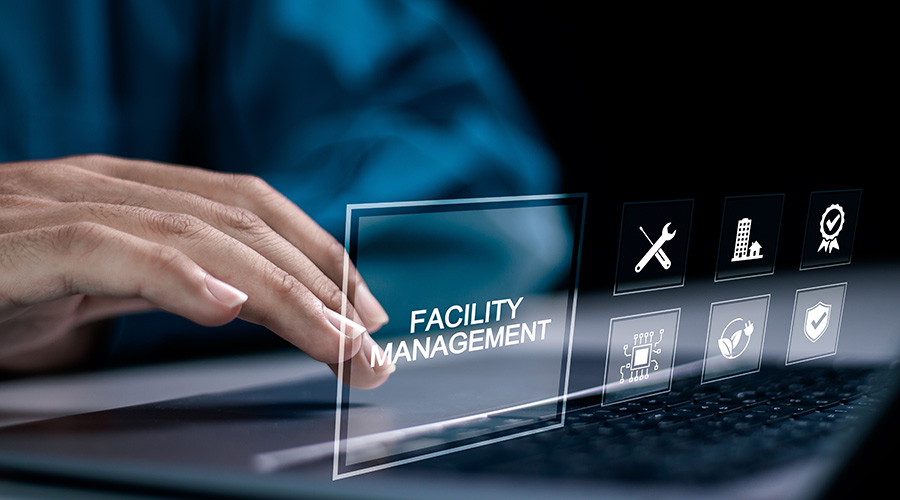Stephen Course Navigates Facilities Management Through Empathy
Stephen Course believes facilities management is an ideal industry as it encourages people to be more empathetic when it comes to problem solving and working with people.
By Mackenna Moralez, Associate Editor
Facilities management offers Stephen Course, facilities manager of Mid Atlantic Retina to think creatively. In his position, he is able to come up with new solutions to problems that people often don’t think of. As someone with dyslexia, Course believes facilities management is an ideal industry as it encourages people to be more empathetic when it comes to problem solving and working with people.
Facilities Maintenance Decisions: What made you pursue a career in facilities management?
Stephen Course: I used to work closely with facility managers as a vendor when I was working in HVAC. In service trades you often spend your days arriving at a problem, solving it then heading to another. In facilities you get to take a lot more ownership and everything you do creates long-term improvement. As you go along chronic problems get put behind you, parts you need become stocked parts, answers to questions become information on file. As the facility becomes more resilient, you also build up a collection of data and tools that make life easier and more efficient for everyone. All this pays off in the short term with less issues and stress for staff/operations and hopefully improve life for people long after I hand it off to the next person someday.
I have dyslexia and ADHD, and there are a lot of areas where I need accommodation from others, and I’ve learned to advocate for myself. This has given me good practice to anticipate and accommodate the needs of others or what questions to ask to find out. Being the one to support others when others also support me is incredibly rewarding.
FMD: What was your first job in the field, and how did it shape your career?
Course: I transitioned to facilities with three office buildings in south Jersey from HVAC. Those were satellites to a main campus, so I was largely left alone to figure things out. There were not really any resources so I started writing my own building manuals, learning as much as I could from every vendor and tenant.
FMD: How long have you held your current job, and what are your job responsibilities? What does a typical day/week look like for you?
Course: Almost 4½ years now. I’ve slowly transitioned from being the entire department doing admin, project management, vendor relations, PMs and fieldwork to training and managing two assistants and an admin who also gets involved with projects. We have 20-plus offices in three states so we’re usually on the road. Whatever I’m physically doing, I’m usually mentally in a few of the locations as I answer emails and phone calls.
A normal day will usually involve coordinating with vendors and managers on day-to-day issues, needs, planning or moving projects along, speaking to vendors, writing scopes or investigating root causes of any issues, looking for ways to improve the practice for staff, patients or our own processes.
FMD: Are there any pivotal moments or decisions that significantly impacted your career?
Course: NFMT has been huge. I’ve met a lot of people there that I’ve been able to help or who have been able to help me. I think the biggest thing was just noticing the big picture change over time. Wherever I’ve worked, as the facilities improve over time and you earn trust, you also earn their patience. A large part of FM is learning to educate people on what to expect through a process, what issues may arise and what to expect from us as a response.
FMD: What skills or certifications have been most valuable to your success?
Course: CPMM and HVAC experience are a big help, especially with troubleshooting, planning and getting my foot in the door. Once in, I’m not sure that I have any past experience or personal interests that don’t come into play. I also studied communication in college. I really cannot say often enough how important soft skills are in this position either dealing with vendors, staff and patients.
FMD: What advice would you give to someone aspiring to become a facility manager?
Course: Care about everyone involved from stakeholders to vendors, be their advocate, make sure everyone has what they need to do their thing, whether it’s time, knowledge, rest, materials or equipment. Most problems are caused by the thing someone doesn't have or the thing that got overlooked.
Mackenna Moralez is the associate editor of the facilities market and the host of the Facilities in Focus podcast. If you are interested in being featured in Career Path, please contact Mackenna via email.
Related Topics:











